Building Inspection
All about
“Building Inspection”
Building Control Division, Public Works Department, Bangkok Metropolitan Administration
Which buildings need inspection?
Likewise, a building needs regular inspections so that any defect can be discovered and proper fixing performed. This helps to ensure that the building and equipment is safe for use, and to extend its useful life.

At present, nine types of building are subjected to building inspection:
1. High-rise building
High rise refers to a building with a height of more than 23 meters measured from the ground level to the deck floor. As for gabled and hip-roofed buildings, the height is measured from the ground level to the uppermost part of the wall of the top floor.
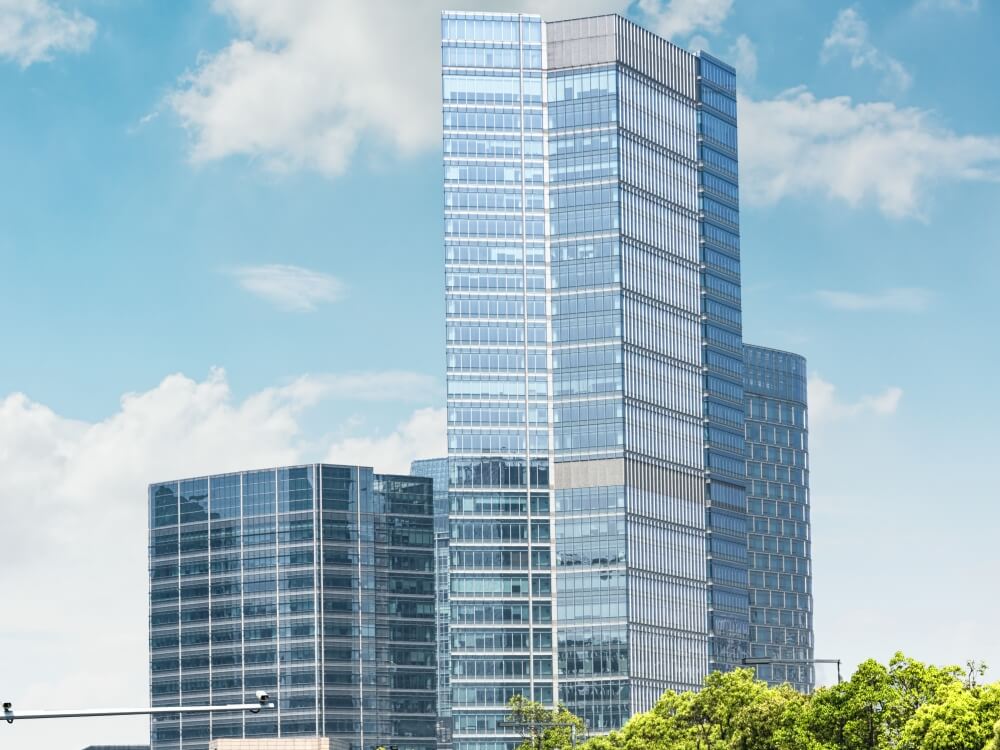
2. Large building
Large building refers to a building with a total area, of all floors, exceeding 10,000 square meters, and which is used, or partly used, for living or holding different activities.
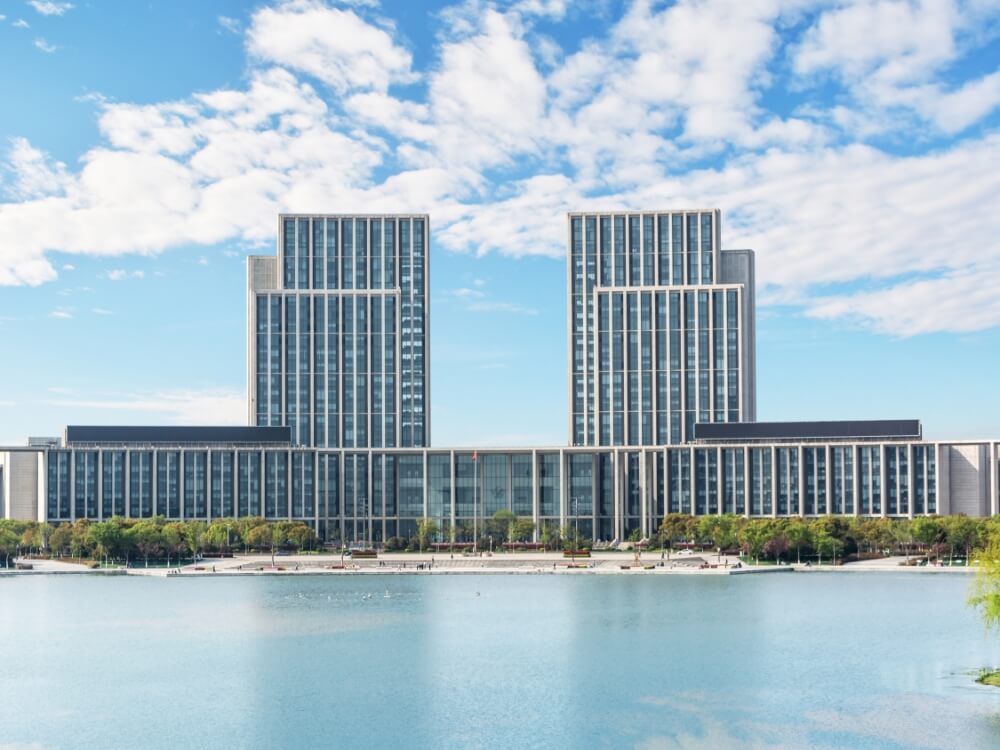
3. Assembly building
Assembly building refers to a building, or a portion of a building, used for gatherings of people. The building has a total area of more than 1,000 square meters or accommodates a convening of more than 500 people.
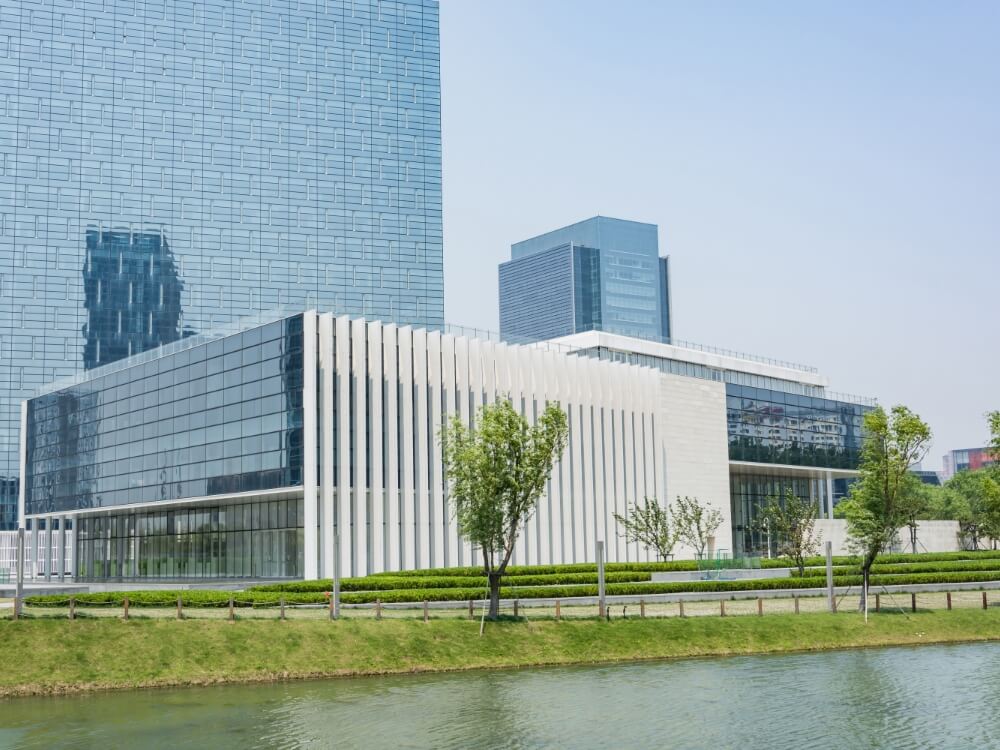
4. Theater
Theater refers to a building, or a portion of building, used for movie screening, dramatic performance, musical performance, or other kinds of entertainment, and which is normally open to the public either free of charge or at a stated charge.
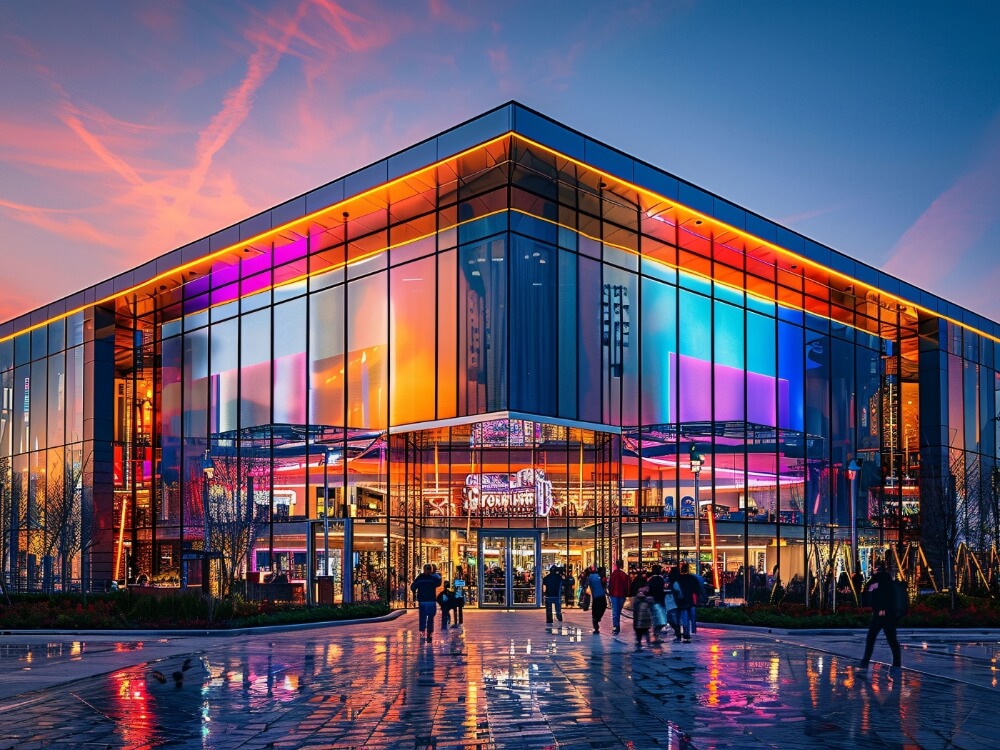
5. Hotel
In this context, hotel with more than 80 rooms per building is legally subjected to inspection.

6. Condominium
According to the law related to a condominium or a common housing building, a condominium means a building, or a portion of building, with a total area of more than 2,000 square meters in which units of property are individually owned.
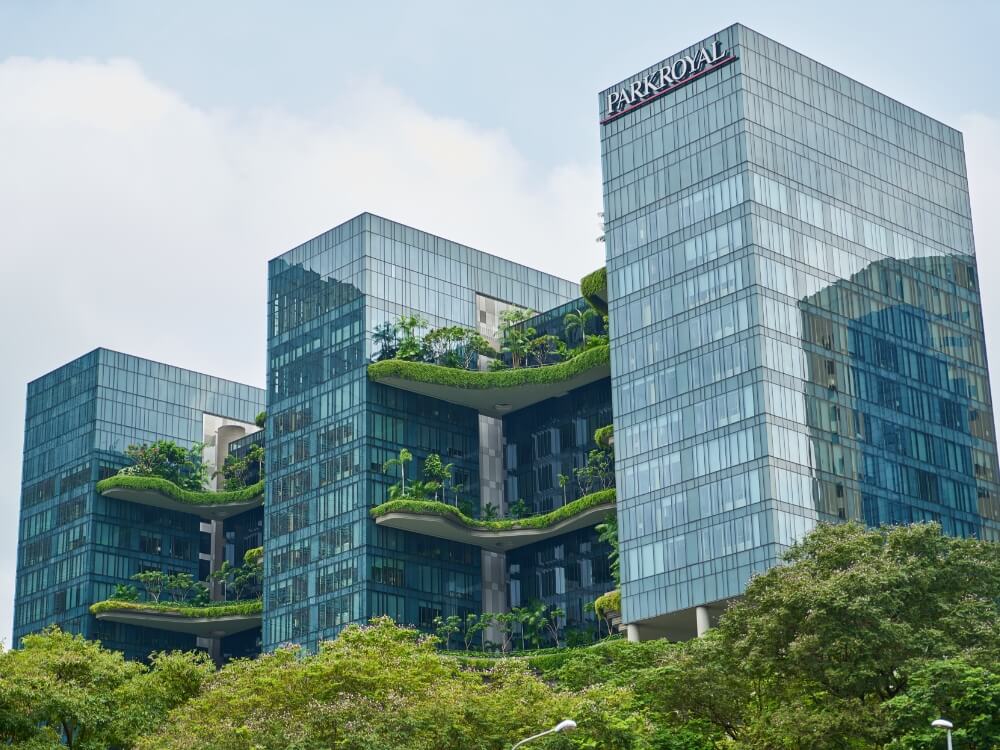
7. Factory building
In this context, a factory building that has more than one floor with a total area of more than 5,000 square meters is legally subjected to inspection.
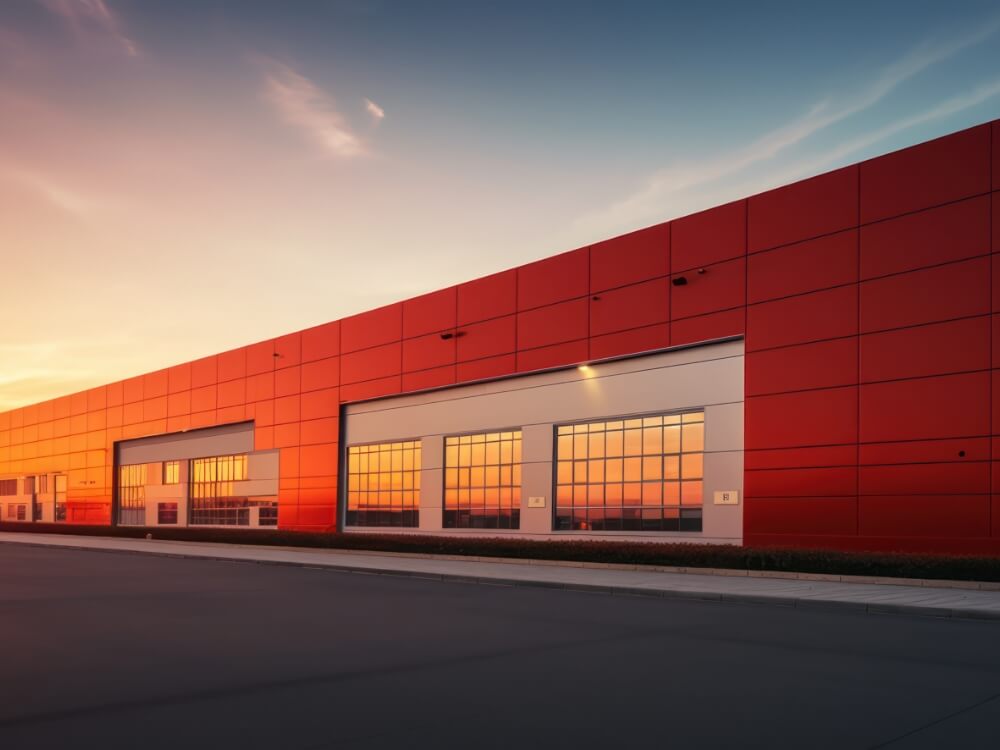
8. Billboard
Billboard refers to a public display of a message, or a structure used for fixation of a public display, which is located at a minimum height of 15 meters above ground level or has a surface area of more than 50 square meters. This includes a billboard with a surface area of more than 25 square meters installed on the roof or deck of a building or at an exterior part of a building.
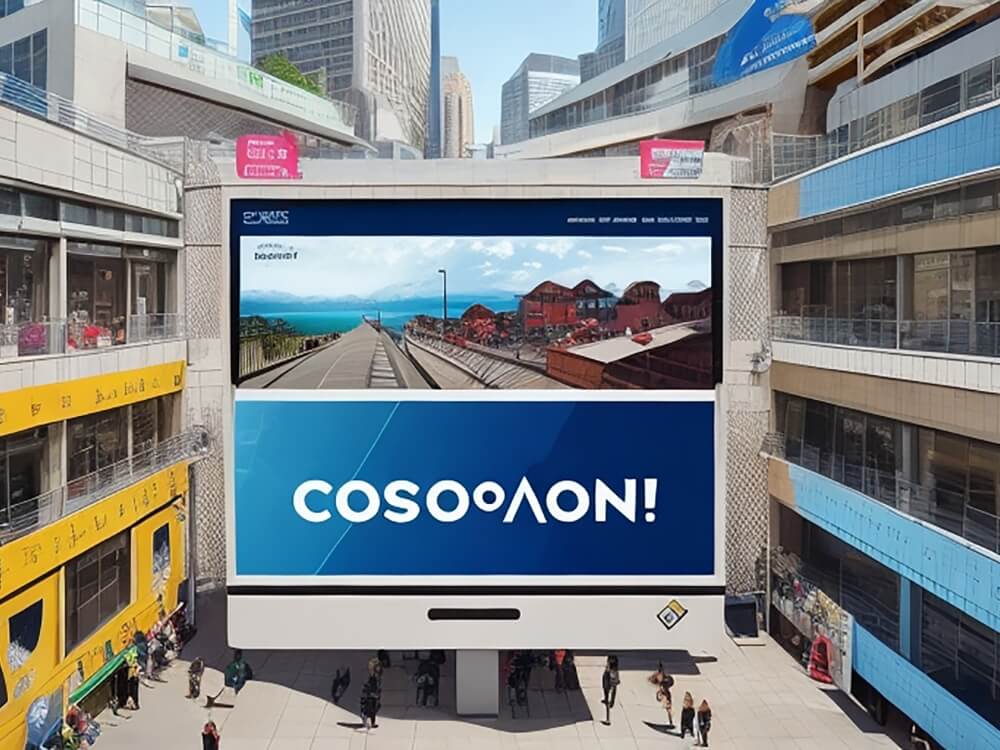
9. Entertainment building
Any entertainment building with a total area of more than 200 square meters is legally subjected to inspection.
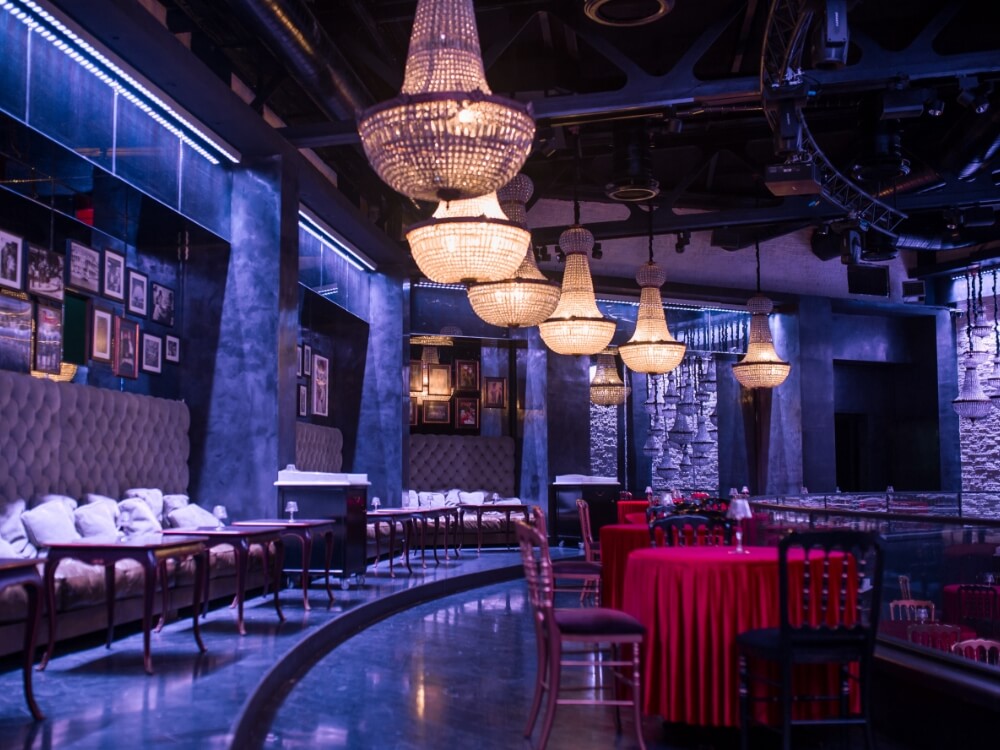
Fire Prevention and Suppression System
Inspection includes the following:
Fire escape stairs and route, exit signs and lights require inspection as follows:
- Handrails and guard rails
- Lighting along escape routes
- Obstructions along escape routes
- Exit doors along routes
- Exit signs
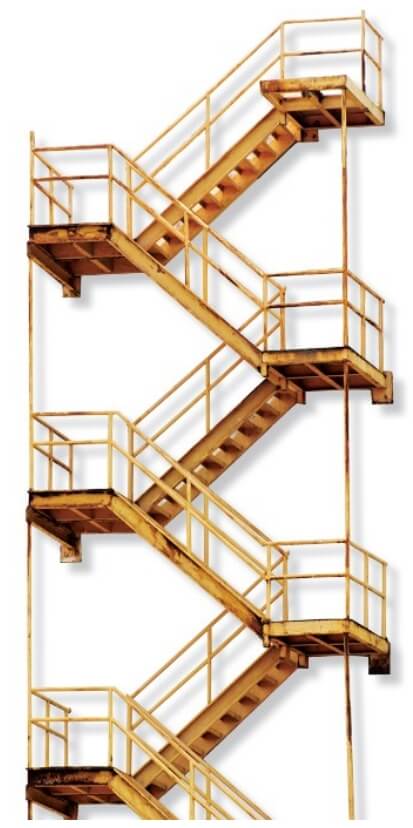
Building Inspection Procedure
- Hire a building inspector who must be registered with the Department of Public Works and Town & Country Planning to inspect the building.
- Prepare or obtain a building plan for the inspection, where the floor plan of every level must show the location of equipment, electrical pathways, and fire escape stairs.
- The inspector will review the plans and related documents such as the building maintenance inspection reports from previous inspections, and then proceed to inspect the building according to the legal standards.
- The inspector will prepare an inspection report on the building and its associated equipment for the owner. If the inspector cannot finalize the inspection result in any area, they must find a specialist to conduct a further inspection.
- Certify the inspection results If the inspector evaluates the results and finds the building meets the safety standards, the owner can proceed with the next steps. However, if the building fails to meet the safety standards, the inspector will notify the owner or building manager to make necessary corrections as specified.
- The building owner submits the inspection report to the civil engineer for review.
- The officer will review the inspection report within 30 days. If the inspection meets the criteria and is deemed safe, a building inspection certificate (Form R.1) will be issued within 30 days after the review process is complete.

What Happens If the Law Is Violated?
If construction, modification, demolition, or movement of a building is carried out in violation of building control laws, the local authorities will take the following actions:
- Issue an order for the building owner, occupant, or project manager to stop the illegal action.
- Issue an order to prohibit anyone from using or entering any part of the building where the violation occurred.
Once actions according to Item 1 and Item 2 have been carried out, the local authorities will consider whether the violation can be corrected:
- If correction is possible, the local authorities will issue an order for the building owner or occupant to make the necessary corrections.
- If correction is not possible, the local authorities will proceed with the demolition of the entire building or part of it.
In the actions mentioned above, the local officer will file a criminal complaint for legal proceedings.

